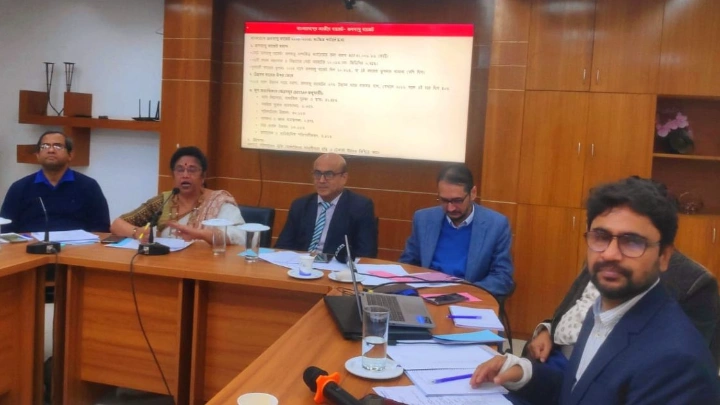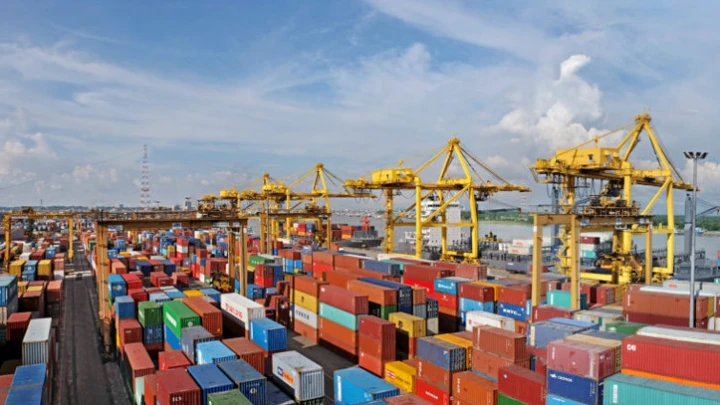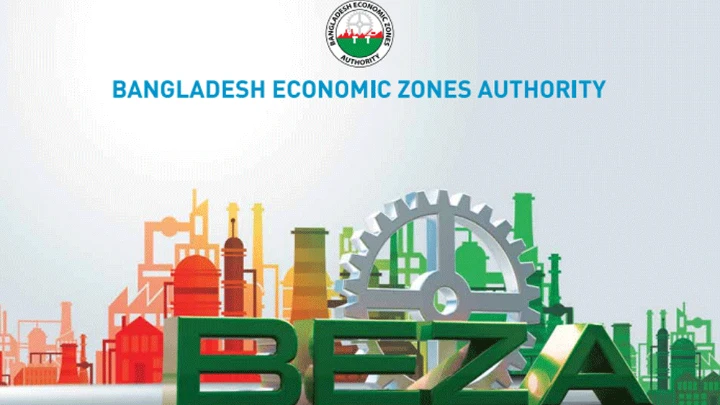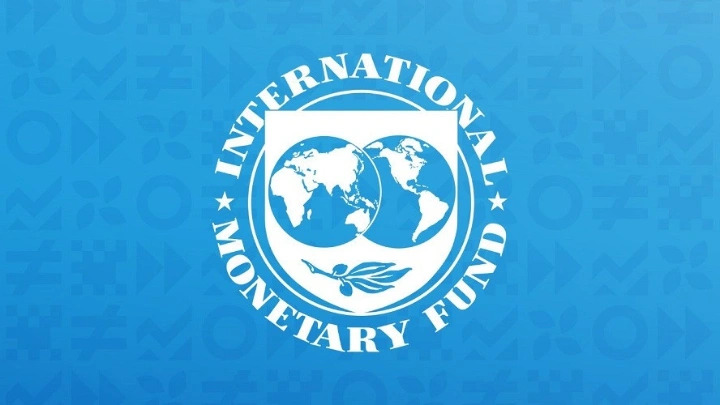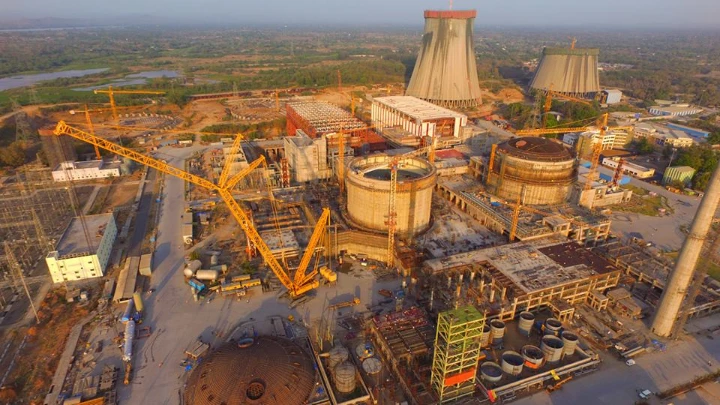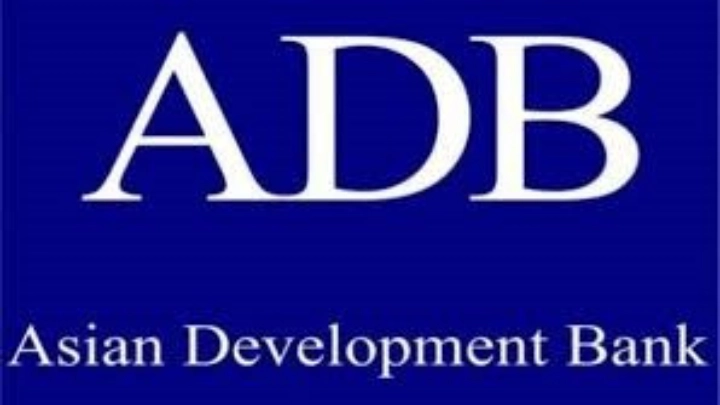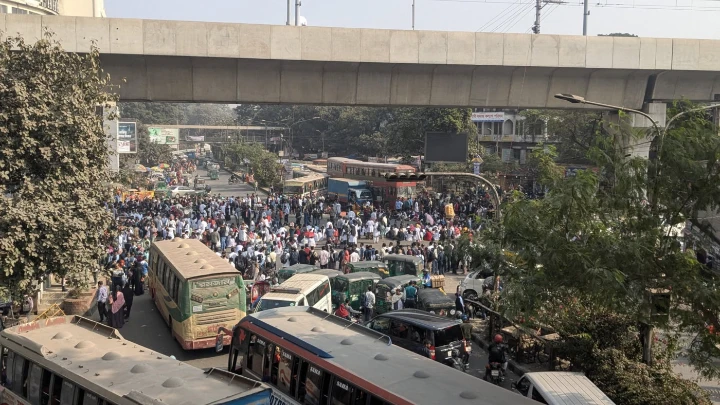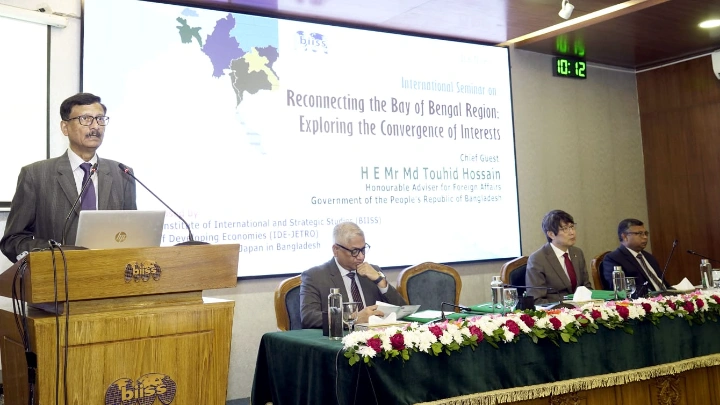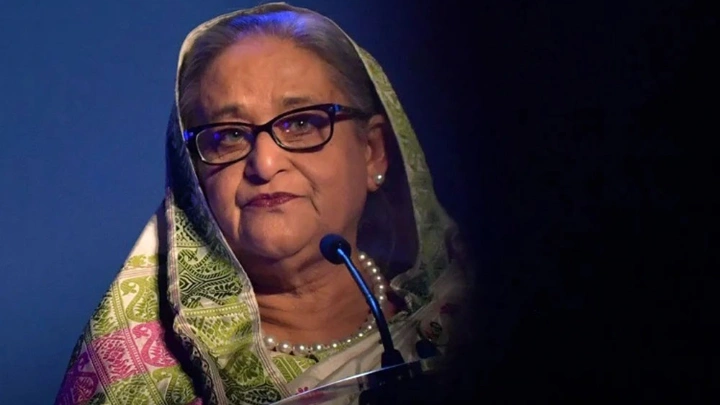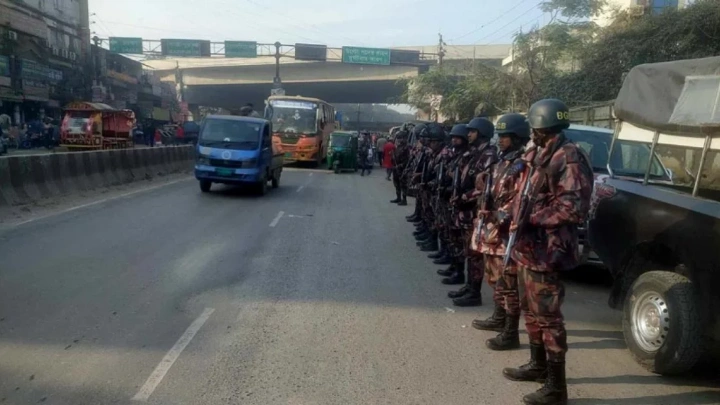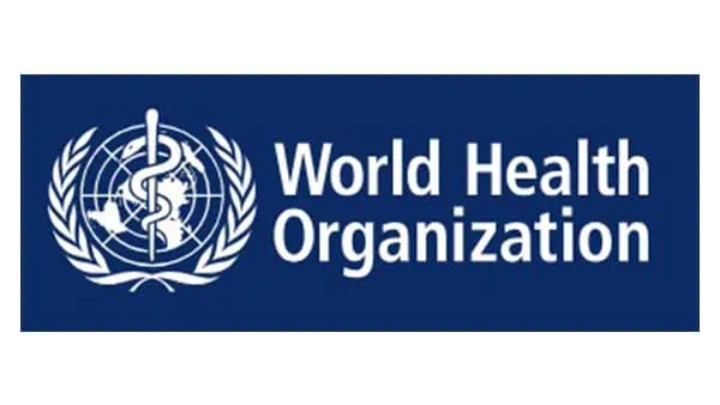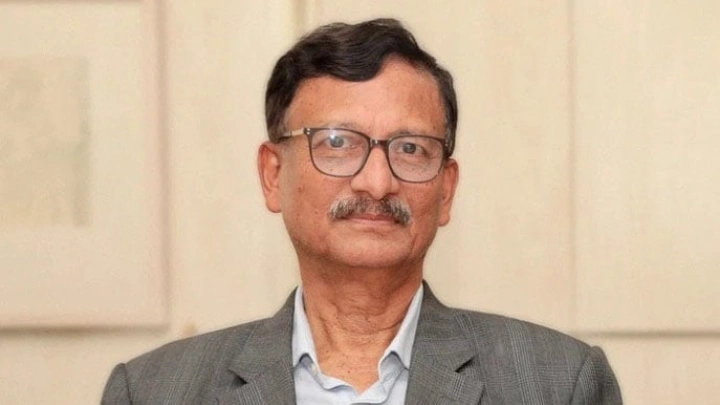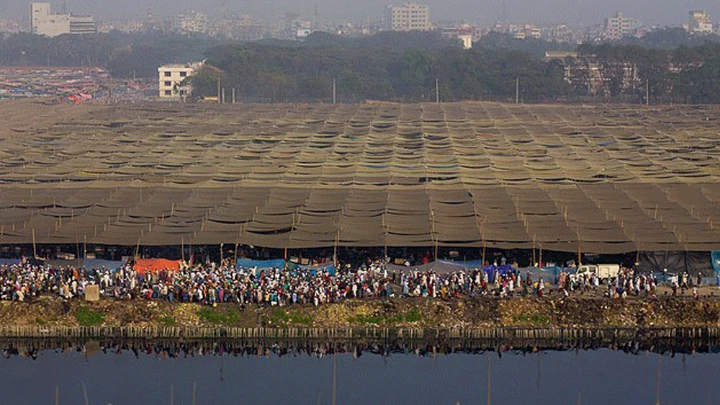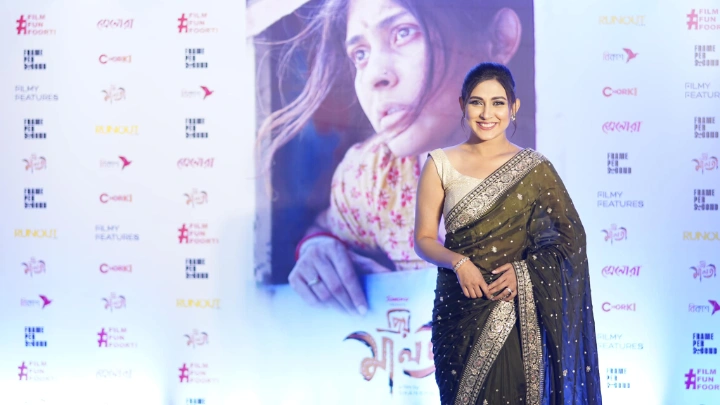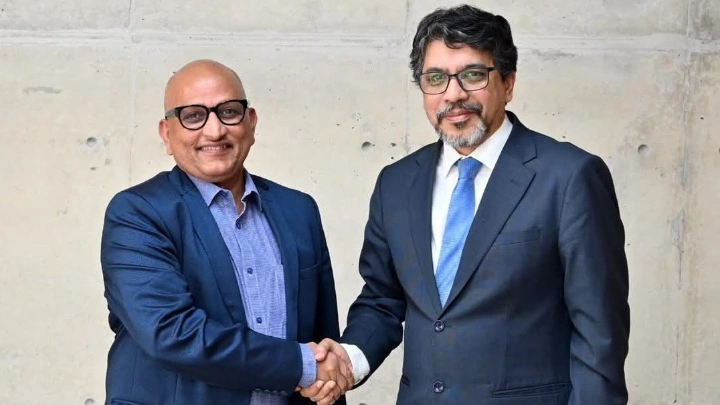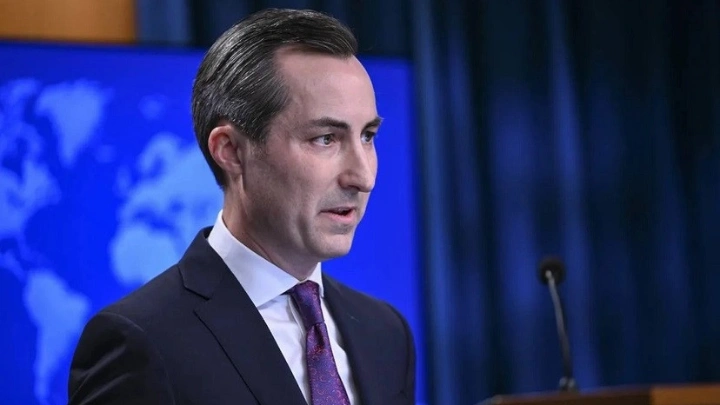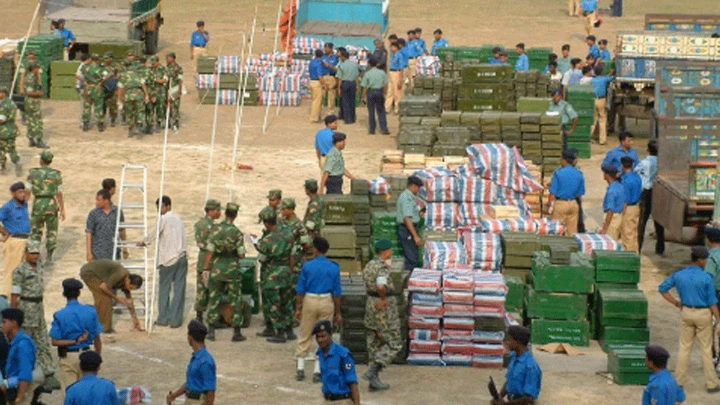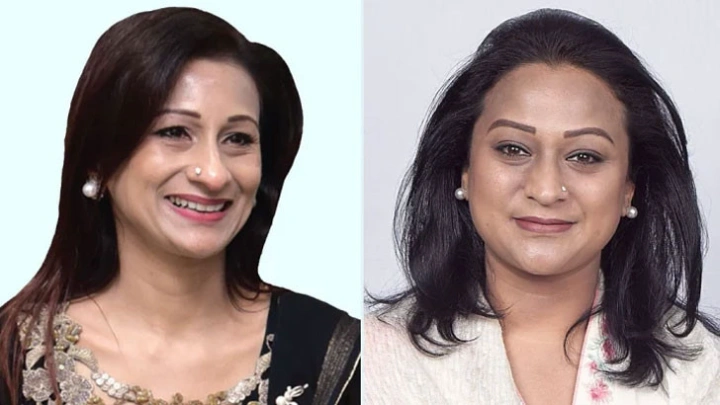Rights activists urge local participation in national budgeting process
DailySun || Shining BD
Rights activists and economists called for the government to incorporate input from local government representatives in framing the national budget, emphasising the need to address local priorities and consider climate change.
Speaking at a meeting organised by the Democratic Budget Movement (DBM) on Saturday, a coalition of non-governmental organisations, participants highlighted that the lack of youth consultation and insufficient prioritisation of climate action were leading to inefficient use of development funds.
The event was held in a seminar hall in Mohammadpur, Dhaka.
Dr Khondaker Golam Moazzem, research director at the Centre for Policy Dialogue (CPD), criticised the budget formulation process for lacking democratic principles.
He argued that budget proposals should originate from local representatives to better reflect community needs.
“Although the government once initiated district-wise budgets, the initiative was discontinued due to concerns about potential biases favoring powerful quarters,” Dr Moazzem noted.
He also proposed establishing a commission to reform the budget process.
DBM member Zakia Shishir highlighted that the budget follows a top-down approach, where decision-makers often overlook local priorities.
“This leads to resource allocations in less pressing sectors while ignoring the actual needs of communities,” she said.
Marium Nesa, an official from ActionAid Bangladesh, pointed to a disconnect between public demands and the approved budget.
Citing the controversial Arial Beel airport project, she said, “The government planned the airport without consulting locals dependent on the waterbody for farming. Resistance from residents led to violent clashes and the loss of lives.”
Sekender Ali Mina, executive director of Safety and Rights, argued that discriminatory budget allocations have exacerbated inequalities at the grassroots level.
Mirza Shawkat Ali, director of the Department of Environment, revealed a significant reduction in climate-related budget allocations—from Tk700 crore to Tk100 crore—while climate priorities were often sidelined in development projects.
Kazi Mokhlesur Rahman, joint secretary at the Ministry of Youth and Sports and chief guest of the program, defended the limited consultation at the local level.
He argued that local involvement often delays implementation and that communities may lack the expertise to determine development priorities.
“When plans for road construction are shared, disputes often arise as no one wants it built on their land, leading to lawsuits. Additionally, local communities sometimes prioritize religious projects over critical sectors like education and healthcare,” he said.
Other speakers included Aman Rahman, vice-president of DBM, and Khalid Pasha Joy, joint general secretary of DBM.
Shining BD

